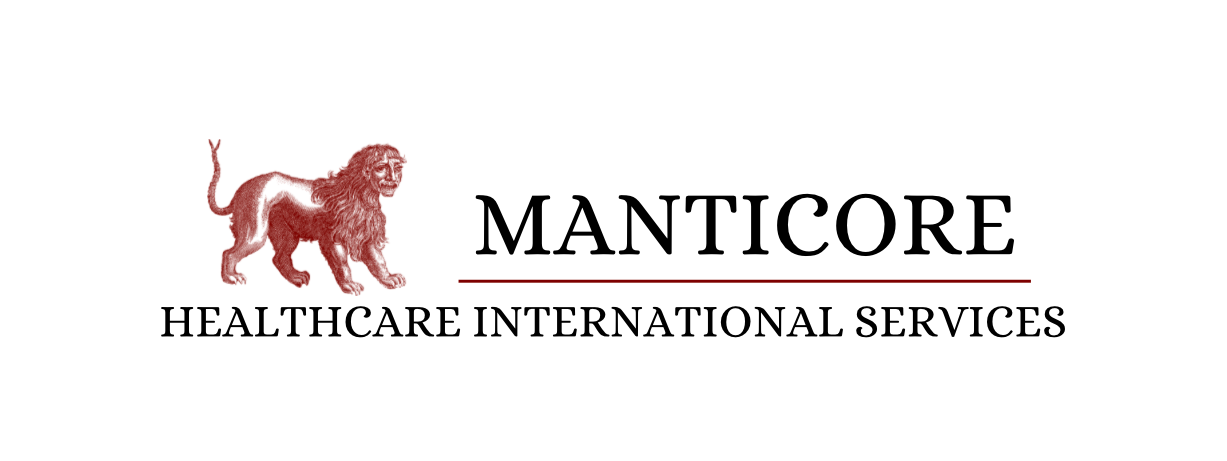The significance of ongoing staff development cannot be overstated. As hospitals face new challenges such as emerging diseases, technological advancements, and changing patient needs, the role of a well-trained and competent healthcare workforce becomes increasingly vital. Investing in staff development not only enhances the skills and knowledge of employees but also leads to improved patient care, higher employee retention, and overall hospital performance. This article explores the essential reasons why staff development is crucial for a thriving hospital environment.
1. Improved Patient Care and Safety
The ultimate goal of any healthcare organization is to provide high-quality care to patients. Ongoing training and professional development ensure that healthcare staff remain up-to-date with the latest medical practices, technologies, and regulatory requirements.
- Enhanced Skills and Knowledge: Continuous education equips healthcare professionals with the skills needed to deliver the best possible care. From understanding new treatment protocols to mastering advanced medical technologies, staff development fosters a culture of learning that directly translates into better patient outcomes.
- Increased Patient Safety: A well-trained workforce is essential for minimizing medical errors and enhancing patient safety. Regular training on topics such as infection control, medication administration, and emergency procedures helps healthcare staff recognize and address potential risks. This proactive approach to patient safety builds trust and confidence among patients and their families.
- Tailored Care for Diverse Patient Needs: As patient populations become more diverse, healthcare staff must be equipped to provide culturally competent care. Training programs that focus on diversity, equity, and inclusion help staff understand the unique needs of different patient groups, ultimately leading to more personalized and effective care.
2. Higher Employee Retention and Job Satisfaction
A commitment to staff development not only benefits patient care but also significantly impacts employee retention and satisfaction. In a competitive healthcare job market, hospitals that invest in their employees’ growth are more likely to attract and retain top talent.
- Career Advancement Opportunities: Providing ongoing training and development programs signals to employees that the organization values their professional growth. Opportunities for career advancement—such as promotions or specialized training—motivate employees to stay with the organization rather than seeking opportunities elsewhere.
- Increased Job Satisfaction: Employees who participate in training and development initiatives often report higher levels of job satisfaction. Learning new skills and competencies empowers staff, increases their confidence, and reinforces their commitment to the organization’s mission. Satisfied employees are more likely to engage with their work, collaborate with colleagues, and provide exceptional care to patients.
- Reduced Turnover Costs: High employee turnover can be costly for hospitals, leading to increased recruitment and training expenses. By investing in staff development, hospitals can reduce turnover rates, maintain a stable workforce, and minimize the associated costs of hiring and onboarding new employees.
3. Enhanced Hospital Performance and Reputation
Ongoing staff development directly influences the overall performance and reputation of a hospital. When employees are equipped with the skills and knowledge needed to excel in their roles, the hospital’s performance metrics improve.
- Better Clinical Outcomes: Hospitals that prioritize staff development see improved clinical outcomes, which can lead to higher patient satisfaction scores and better ratings on quality measures. This, in turn, can enhance the hospital’s reputation within the community and among peers, attracting more patients and referrals.
- Increased Operational Efficiency: Well-trained staff are more adept at handling their responsibilities efficiently, leading to streamlined operations within the hospital. Improved workflows, effective communication, and enhanced collaboration among team members contribute to a more productive work environment.
- Adaptability to Change: The healthcare industry is continually changing, driven by advancements in technology, evolving regulations, and shifting patient needs. Ongoing training equips staff with the tools to adapt to these changes quickly, ensuring that the hospital remains competitive and responsive to industry trends.
4. Fostering a Positive Workplace Culture
Investing in staff development contributes to a positive workplace culture that encourages collaboration, innovation, and a shared commitment to excellence.
- Team Building and Collaboration: Development programs often include team-building activities that foster collaboration among staff members. This sense of teamwork enhances communication, breaks down silos, and encourages staff to work together to achieve common goals, ultimately benefiting patient care.
- Encouraging Innovation: Continuous learning cultivates a culture of innovation within the hospital. Employees who are encouraged to explore new ideas, techniques, and technologies are more likely to contribute to process improvements, patient care enhancements, and operational efficiencies.
- Strengthened Organizational Commitment: When hospitals prioritize staff development, employees feel a greater sense of belonging and commitment to the organization. This fosters loyalty and dedication, which are essential for building a resilient workforce that can weather challenges and adapt to change.
In a rapidly evolving healthcare environment, the importance of ongoing staff development cannot be ignored. By investing in the training and professional growth of their employees, hospitals can significantly enhance patient care, improve employee retention, and boost overall organizational performance. A commitment to staff development not only strengthens the hospital’s reputation but also creates a positive workplace culture that fosters collaboration and innovation.
Ultimately, thriving hospitals recognize that their greatest asset is their workforce. By prioritizing staff development, healthcare organizations can build a skilled, engaged, and resilient team capable of navigating the complexities of modern healthcare while delivering exceptional care to their patients.


